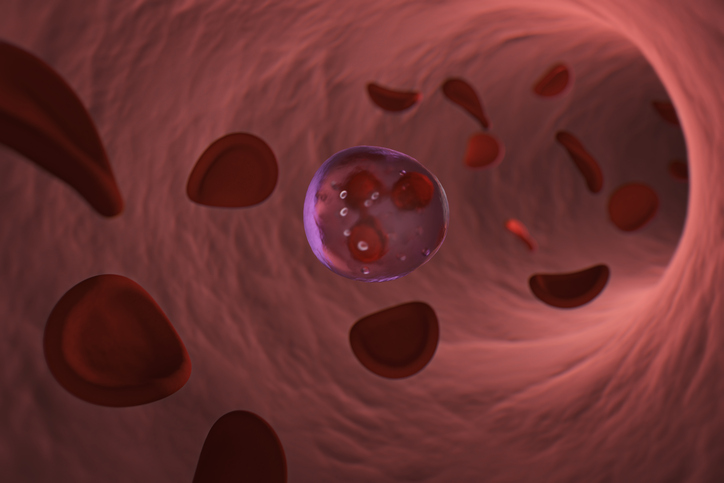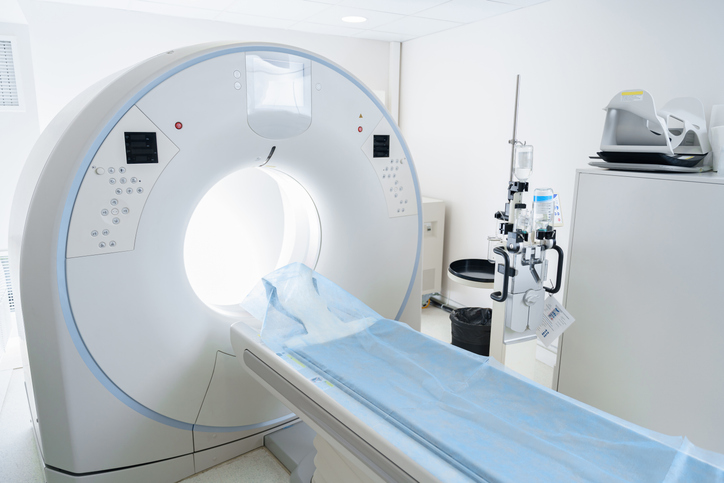
Hetrombopag Versus Placebo in the Treatment of Immune Thrombocytopenia
In an article in the Journal of Hematology & Oncology, Heng Mei and collaborating researchers reported results from their phase III trial on hetrombopag, a novel thrombopoietin receptor agonist, stating that “hetrombopag was superior to placebo in increasing platelet counts and reducing bleeding risk and the use of rescue therapy over the 8-week treatment period in immune thrombocytopenia (ITP) patients with an insufficient response or relapse after prior ITP treatment or splenectomy.”
Preventing Thrombotic Events in Peripheral Arterial Disease After Revascularization
Researchers reported that “assessing total arterial and venous thrombotic events, not just first events, provides more complete information about disease burden and absolute on-treatment impact” in patients with peripheral arterial disease (PAD) after they undergo lower extremity revascularization (LER). The data was collected in the VOYAGER PAD trial and published in the Journal of Thrombosis and Haemostasis. Primary investigator, Scott D. Berkowitz, further reported that “following LER, judicious modulation of more than one coagulation pathway can provide broader benefit than intensifying inhibition of one hemostatic system component.”
Anti-Platelet Factor 4 Immunoglobulin G Levels in VITT
In a study in Research and Practice in Thrombosis and Haemostasis, researchers examined changes in clinical and platelet parameters, anti-platelet factor 4 (PF4) antibody levels, and serum reactivity in patients with vaccine-induced immune thrombocytopenia and thrombosis (VITT). Lead author Samantha J. Montague reported that, in seven patients discharged with VITT, the “explanations for reduced platelet activation during follow-up, despite similar total anti-PF4 antibody levels, remains unclear.”
The Statin Shortfall: Underprescription of Statins in Atherosclerotic Cardiovascular Disease
A new study finds persistent underuse of statins among patients with established atherosclerotic cardiovascular disease (ASCVD) in a large, insured cohort.[1] It has been well established that reduced adherence to guideline-direct statin therapy among eligible patients is associated with increased mortality. Accordingly, the American College of Cardiology provides a Class I recommendation for high-intensity statin use among individuals less than 75 years of age with prior ASCVD.[2] [3] Yet, rates of statin therapy adoption have slowed in recent years.
Women and Underrepresented Ethnic and Racial Groups in Cardiac Electrophysiology: Few and Far Between
Dr. Kamala Tamirisa, a clinical Cardiac Electrophysiologist at Texas Cardiac Arrhythmia, co-chair for ACC Women in Cardiology Advocacy Work Group and National ACC Women in Cardiology Leadership Council Member, discusses challenges and solutions to enhance gender equity and women in cardiology and electrophysiology as part of the Narratives in Cardiology series on the CardioNerds Podcast.
Single Nucleotide Polymorphisms of the HIF1A Gene in Immune Thrombocytopenia
“Although HIF1A gene polymorphisms were not associated with susceptibility to ITP, the CT genotype at rs11549465 was associated with the sensitivity to glucocorticoid treatment of ITP patients.”
Risk Factors for Progression of Immune Thrombocytopenia to Systemic Lupus Erythematosus
Researchers, led by Yuqing Song, reported that “older age and hypocomplementemia were potential risk factors for the development from immune thrombocytopenia (ITP) to systemic lupus erythematosus (SLE).”







 © 2025 Mashup Media, LLC, a Formedics Property. All Rights Reserved.
© 2025 Mashup Media, LLC, a Formedics Property. All Rights Reserved.